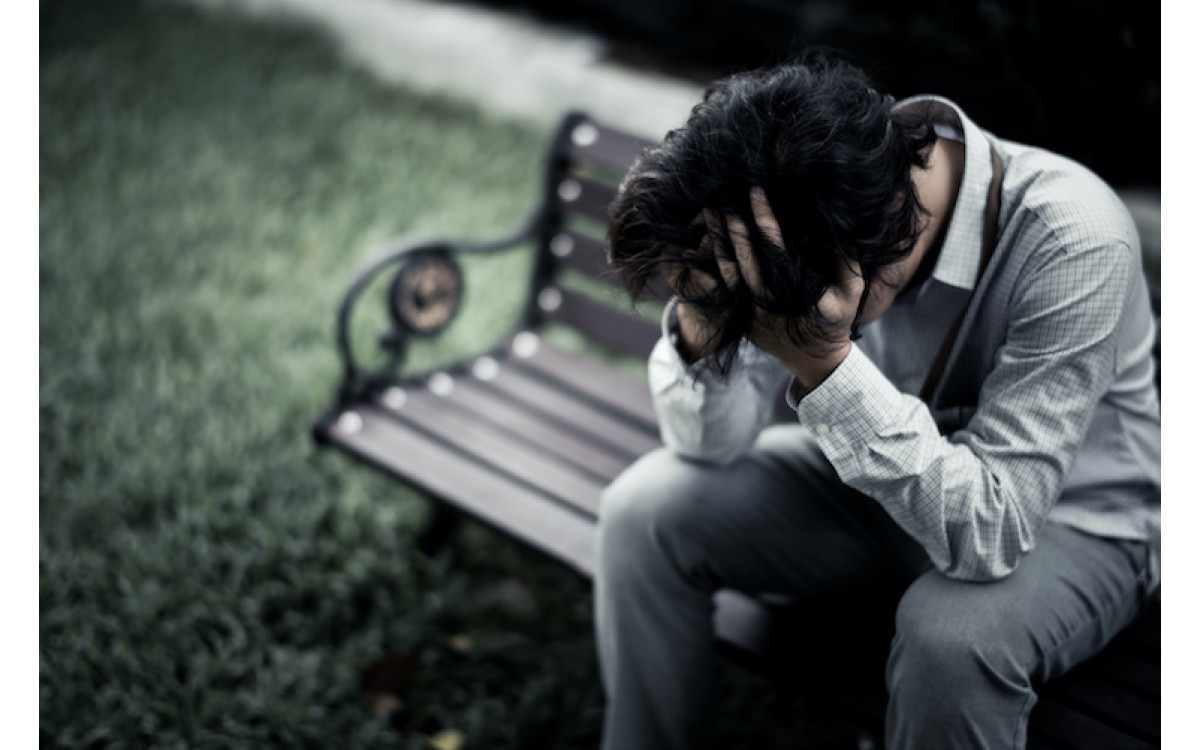Anxiety is a lonely illness, with many sufferers feeling as if nobody can relate to what they experience or help them work through it. In spite of that, it’s an illness that has a profound impact on many other people in your life, simply because of the ripple effects. An anxiety disorder has multiple different faces, and without proper training it can be difficult to recognize the reason for certain behaviors.
The Many Faces of Anxiety Disorders
Anxiety has several different categories, and within each of those categories there are a number of different ways the condition is manifested. This is one of the things that makes it so complex. Clinically, it’s divided into these categories and symptoms.
Generalized Anxiety Disorder (GAD)
GAD is the uncontrollable worrying about relatively common situations and events. It’s common for most of us to feel anxious occasionally about things in our lives, but a GAD sufferer can worry excessively about being sick, for example, even when there is no obvious reason for concern. These fears can often interfere with daily life, and can result in difficulty sleeping and concentration, irritability and exhaustion, tension, rapid heartbeat, constipation or diarrhea.
How it affects others:
People with GAD might find themselves unable to function in their daily lives, leading to difficulty relating to others, problems at work, relationship issues and withdrawing from social settings because they are afraid of being triggered by crowds, loud noise, bright lights and other stimuli. It can be really difficult for family members to lead a normal life when they can’t get their loved one to leave their home easily, mix with others, or do normal daily activities.
Obsessive-Compulsive Disorder (OCD)
We hear lots of jokes about OCD, but the truth is it’s not in the least amusing, especially for sufferers. The official definition of OCD is the presence of obsessions and/or compulsions that consume your time and can’t be attributed to another medical condition, mental disorder, or substance effect. It usually results in continued thoughts about things like contamination, aggressive impulses and sexual imagery. Sufferers try to suppress or neutralize these thoughts with repetitive behaviors such as hand-washing, counting, or repeating words silently.
How it affects others:
OCD affects loved ones and family members in various ways. It can lead to adopting extreme hygiene measures at home, or enablement by becoming involved in the obsessions. This is most often unintentional, but people have been known to avoid places or objects so as to prevent triggering their loved one’s condition or compulsions such as stripping naked at the door to avoid spreading “contamination.”
Post-Traumatic Stress Disorder (PTSD)
Post-traumatic stress disorder (PTSD) is one of the most common categories of anxiety disorder, particularly in people like former military personnel. It’s a mental health condition triggered by either experiencing or witnessing a terrifying event. Symptoms usually include flashbacks, nightmares, and severe anxiety, as well as uncontrollable thoughts about the event.
How it affects others:
Trauma survivors suffering from PTSD often have difficulty trusting others and developing emotional closeness, according to the National Center for PTSD. They can experience a loss of interest in socializing or sexual activity, and be unable to relax. Nightmares and sleeping difficulties can help keep bedmates awake, and their loved ones can find it challenging to accept or relate to the situation. Trauma memories can be the most upsetting, for both the sufferer and others in their life, because of the disruption and the feelings of helplessness that affect whole households.
Social Anxiety Disorder (SAD)
It can be surprising how many people suffer from social anxiety disorder or SAD. The defining feature of this condition is intense anxiety or fear of being judged, negatively evaluated, or rejected in a social or performance situation. Some of the more recognizable symptoms of SAD are what we used to attribute to “shyness,” many decades ago, such as:
- Blushing.
- Fast heartbeat.
- Trembling.
- Sweating.
- Upset stomach or nausea.
- Trouble catching your breath.
- Dizziness or light-headedness.
- Feeling that your mind has gone blank.
In today’s world, many people suffer from SAD as a result of sexual, emotional or physical abuse, and stressful life events and trauma during childhood particularly can cause the development of social anxiety problems.
How it affects others:
Apart from the obvious issues like the inability to have an active social life, SAD affects family members and friends of the loved one in various ways. Recent research shows the higher the level of social anxiety, the lower the person’s satisfaction with their relationships usually is—both romantic and otherwise. Sufferers often see others as overly critical or hostile, and can’t differentiate positive feedback from negative.
Living or having a relationship with someone who suffers from one of these or another anxiety disorder can be exceptionally challenging. Open, honest communication combined with natural therapies and supported by a healthy lifestyle can often limit the need for anxiety medications and their troubling side effects.
I have personal experience with an organization called TERRAP which is enormously effective. Their website says they are one of the oldest and most respected anxiety and panic attack treatment programs in the world. If you can find a way to work through your issues without prescription drugs, this will help to keep you physically healthy.
For more information on how to manage an anxiety disorder naturally or to place your order for Dr. Garbers Natural Solutions Anxiety Relief, please click here.






